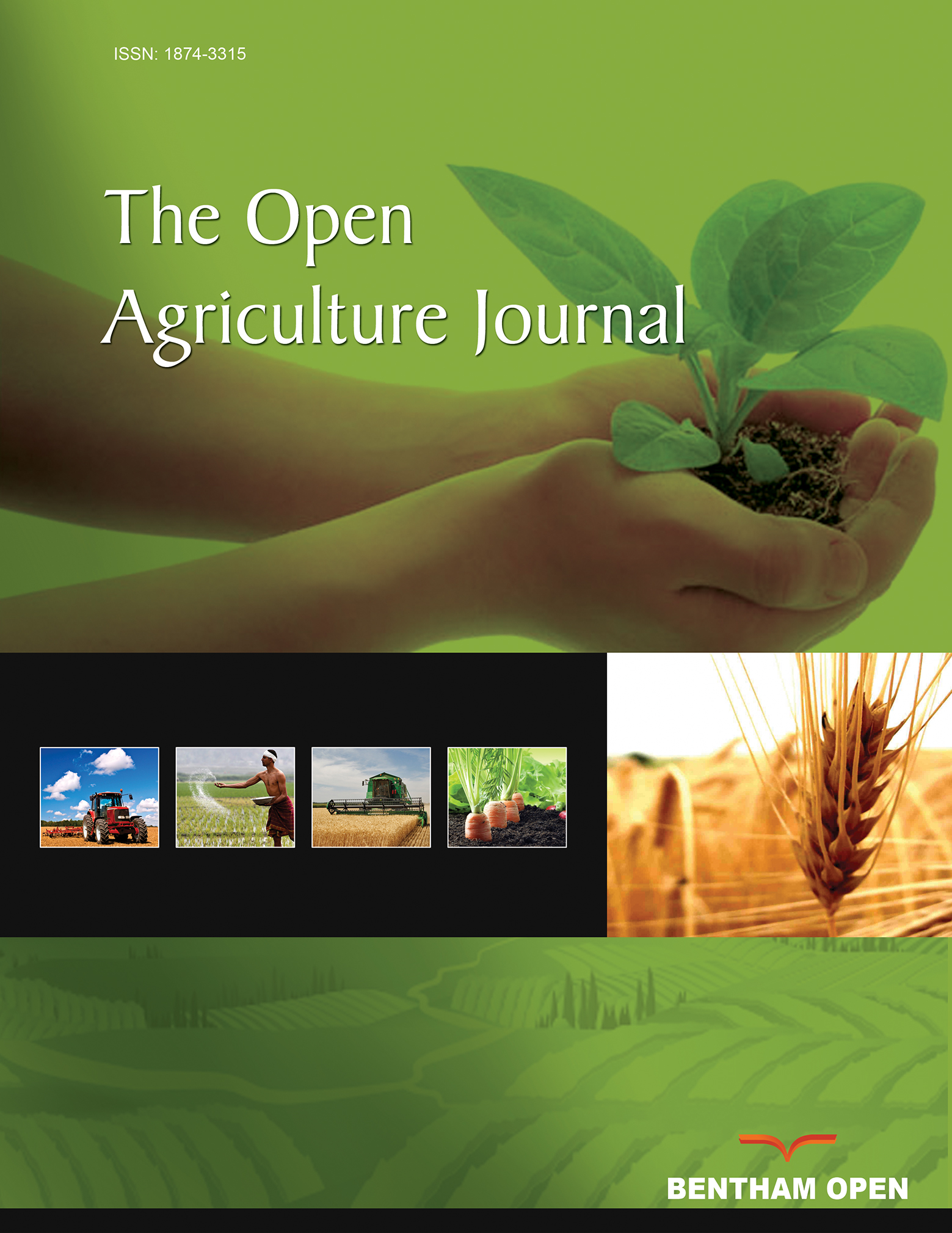All published articles of this journal are available on ScienceDirect.
The Importance of Contract Farming to Small-scale Farmers in Africa and the Implications for Policy: A Review Scenario
Abstract
Introduction:
Contract Farming (CF) has been largely believed to have the ability to promote the chances of Small-scale Farmers (SSFs) from less developed nations to participate in intensive agricultural production and lucrative export markets, thereby integrating them into the latest way of doing agri-business.
Problem statement:
A perennial issue of SSFs in Africa is a subsistence agricultural productivity due to lack of proper markets, credits and technology in recent years, aggravated by unstable prices of energy and food and lately by the global financial crisis.
Methodology:
The study is purely qualitative in nature, making use of secondary data (literature from journals, working papers, unpublished theses and other publications was analysed). The study reviewed CF definitions, the origins, evolution, models on CF, SSFs and CF, objectives, policy-issues and implications to conclusions and recommendations.
Results:
The study has shown that adjustments in agri-food systems globally are producing an increased new interest in CF as a supply-chain governance strategy. It has been established that small and medium size farmers in Africa are suppressed by market bottlenecks or unfairness, for example, restricted access to loan facilities, insurance and specialised agri-inputs at above-average costs.
Conclusion:
Government and the private sector must formulate contractual laws that will govern agricultural production and marketing agreements between agri-businesses and farmers in addition to establishing and strengthening contract-enforcing institutions to protect both parties contract from any contractual problems, for example, side marketing. Contract Farming brings out the best outcomes for farmers when they have sufficient bargaining power to negotiate the terms of the contract.


